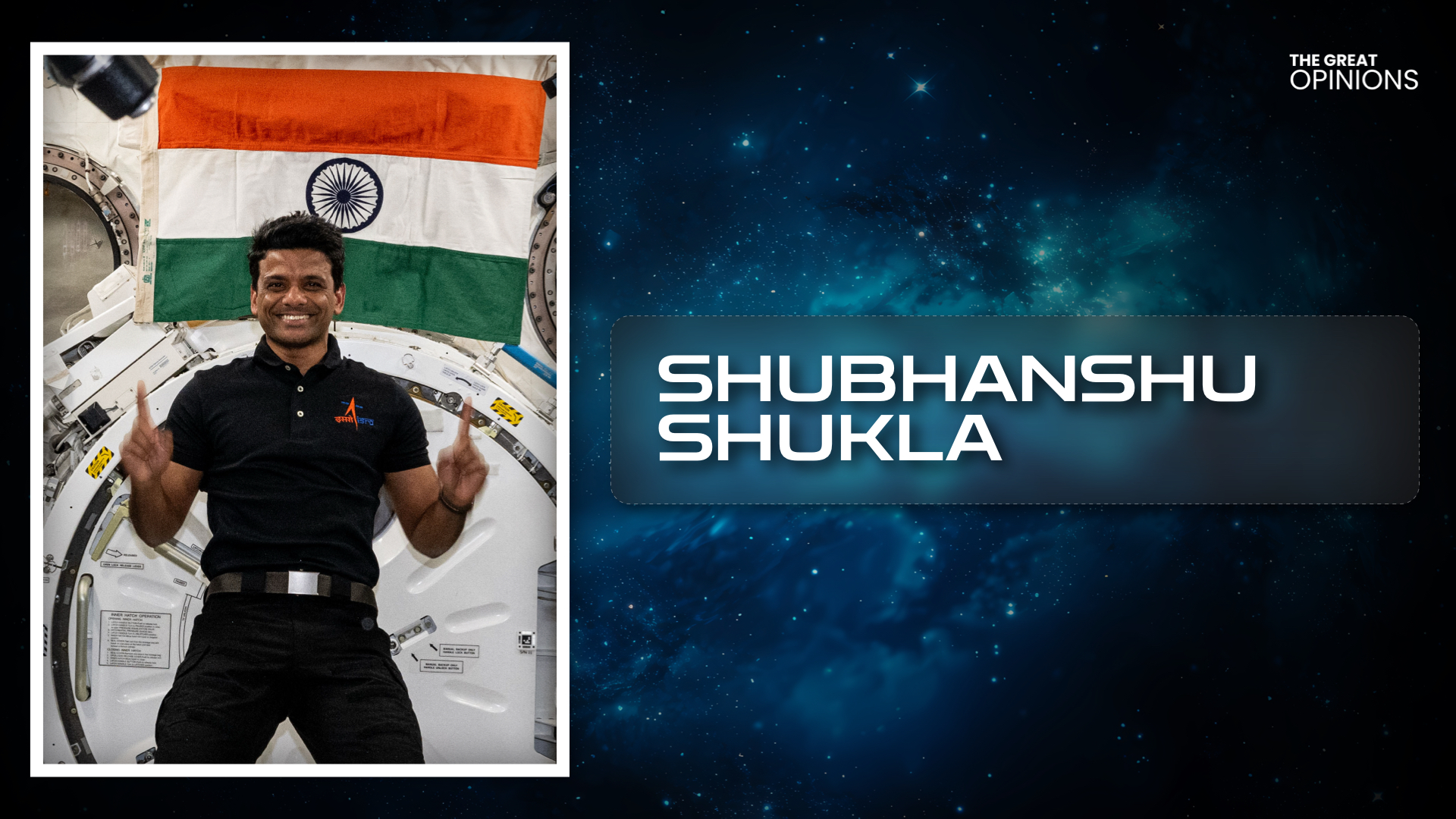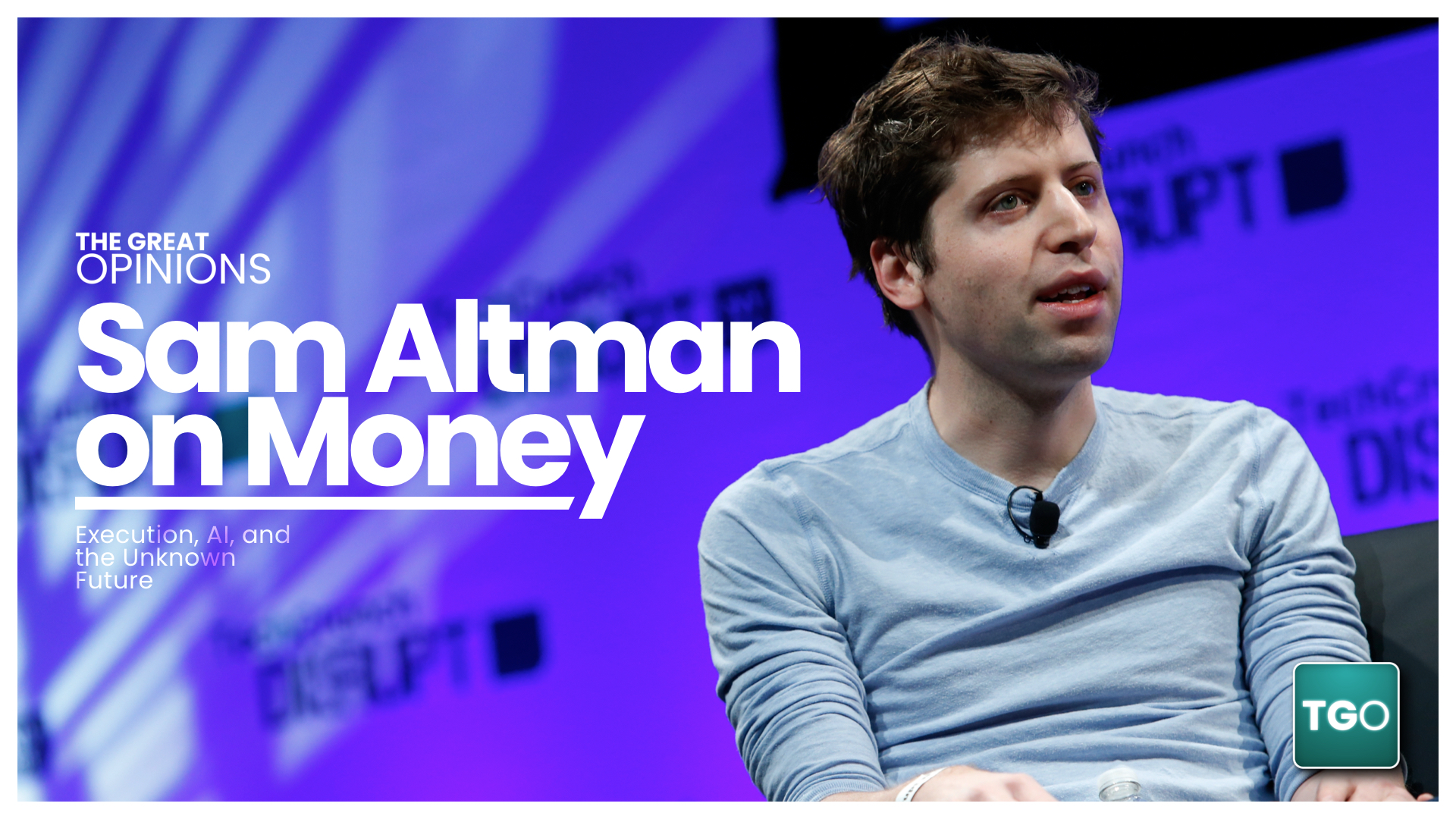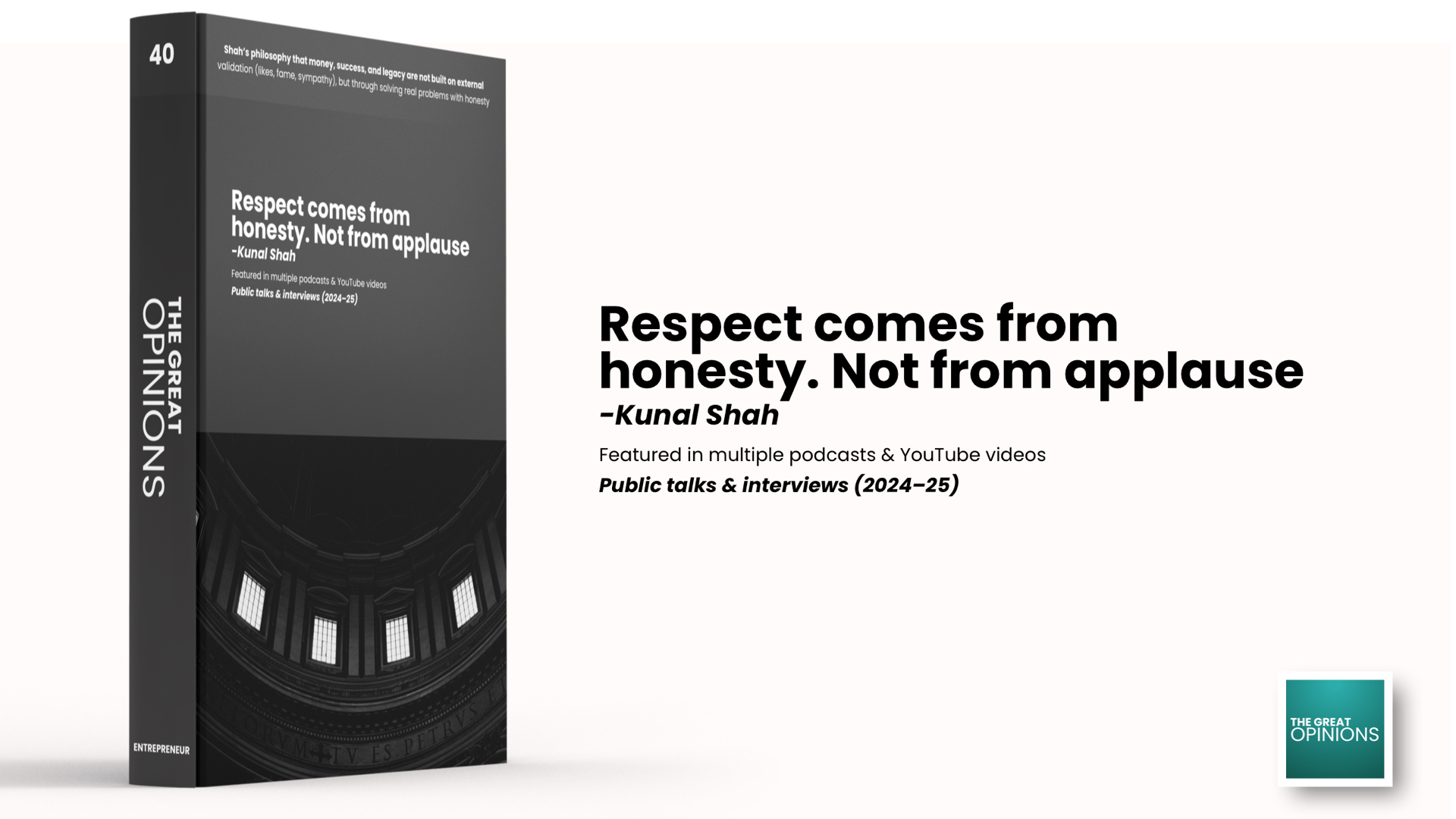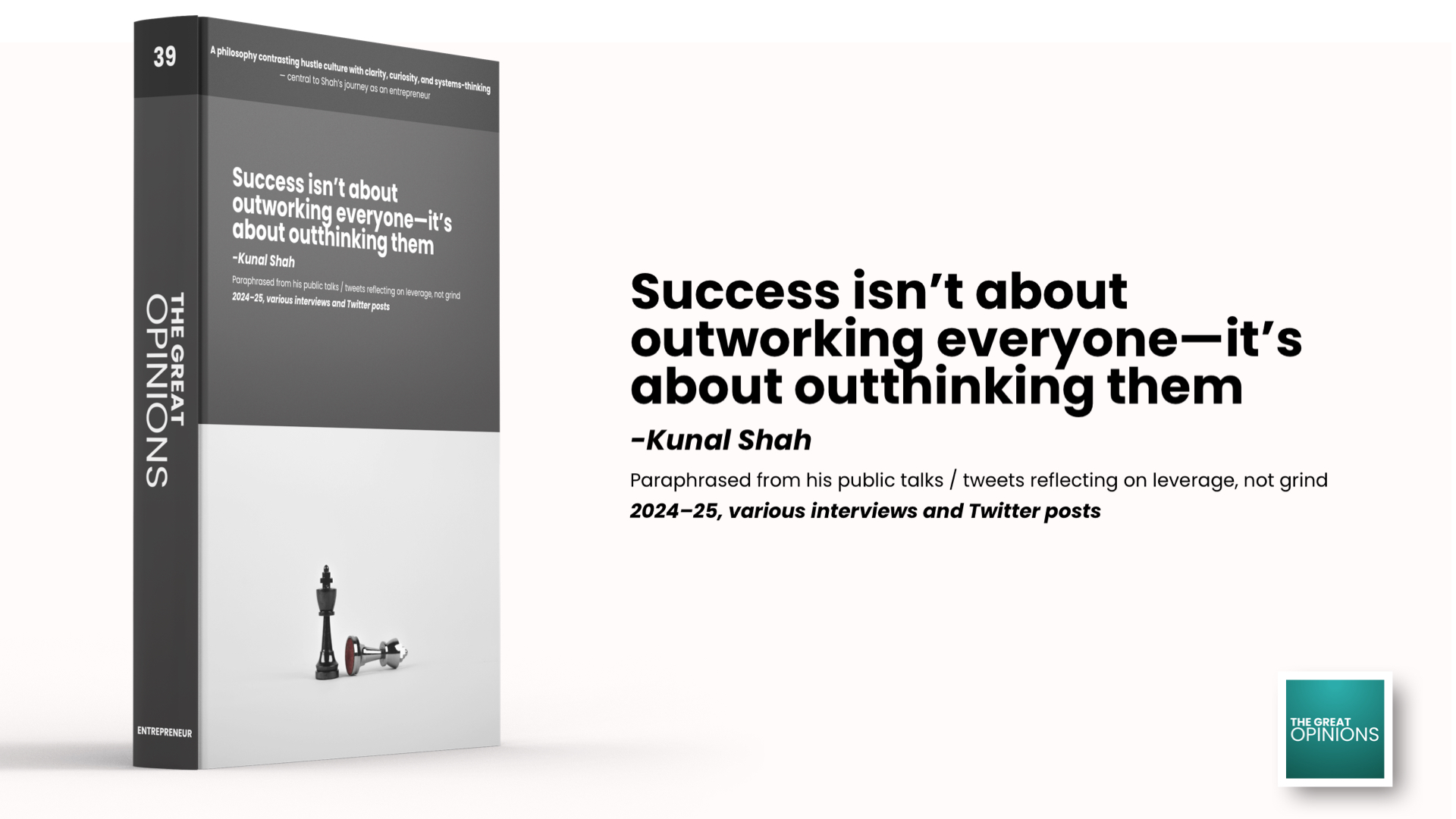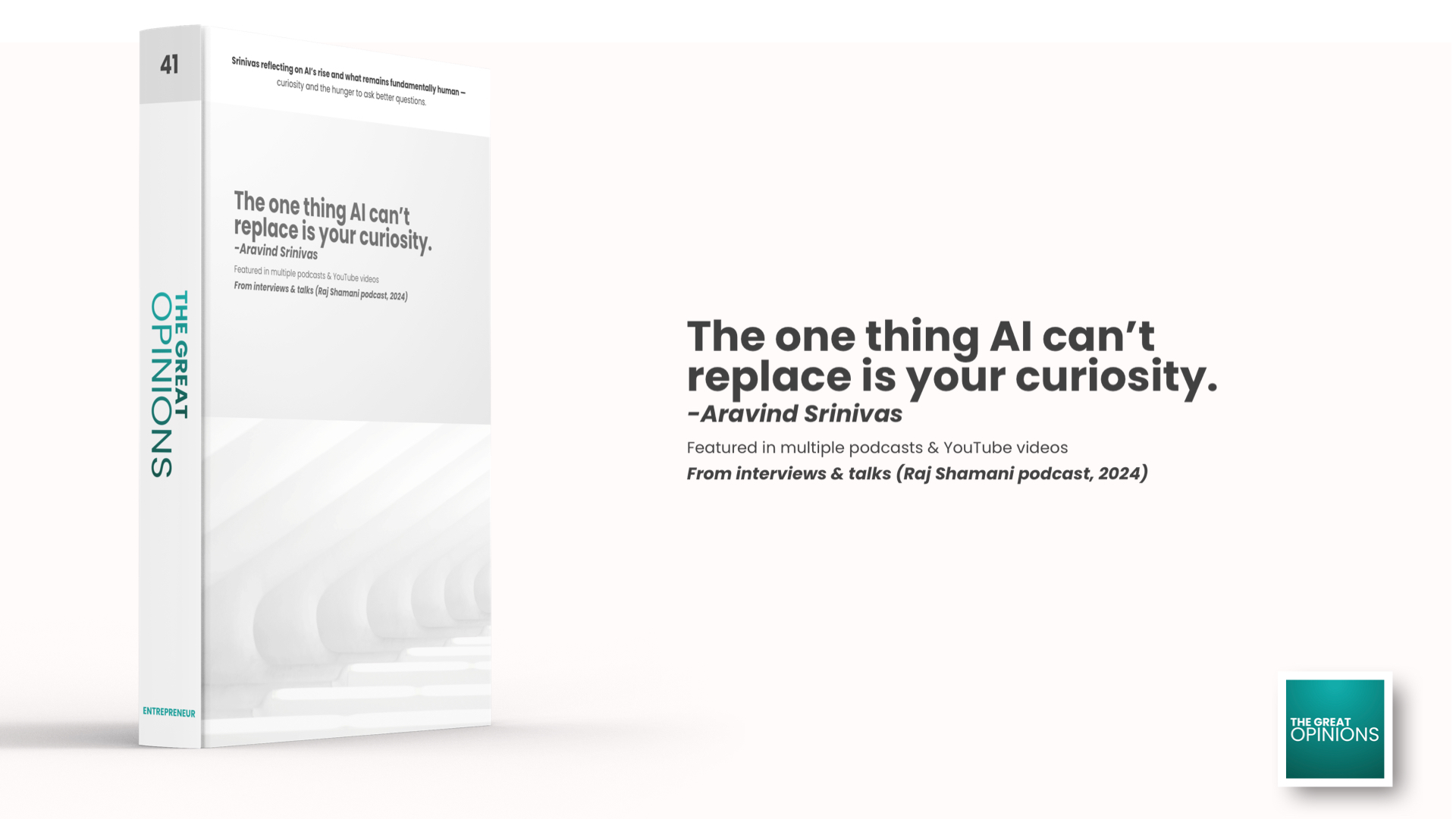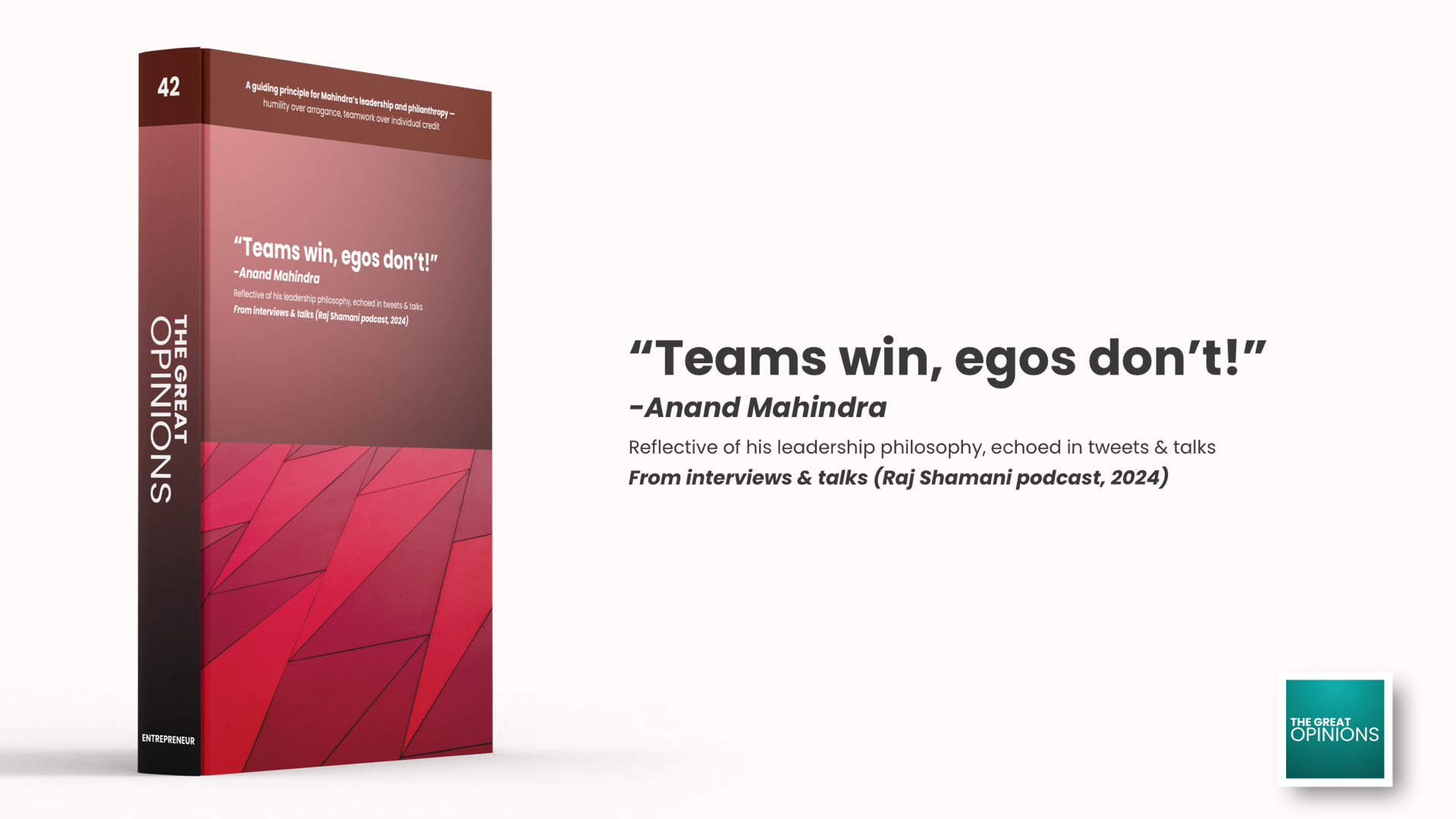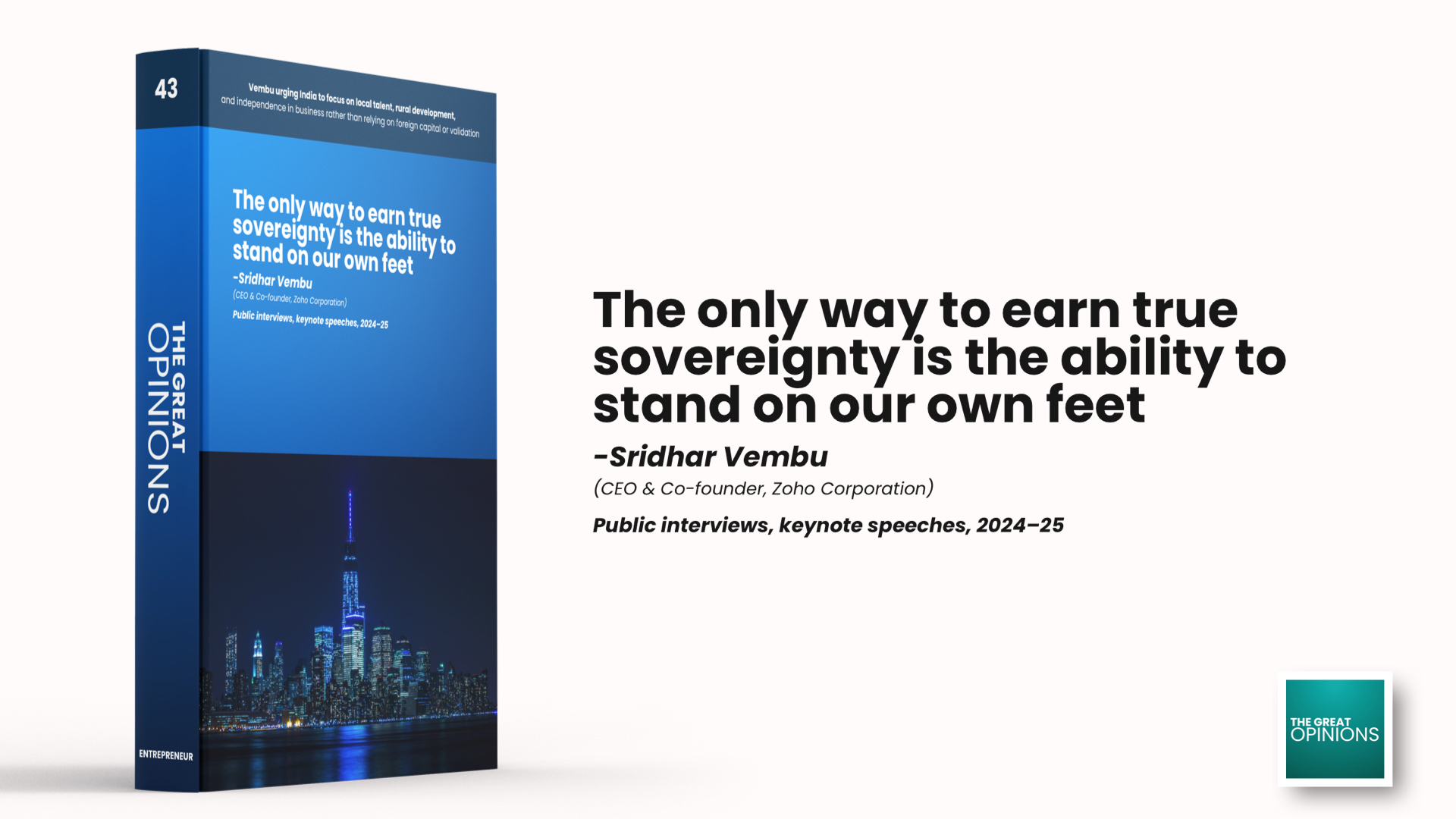What Does Your Work Solve?
Applause versus real outcomes
Claps are cheap.
Likes are cheaper.
And sympathy? That’s the most useless currency of all.
Bukowski would’ve said it first, with a cigarette dangling and whiskey staining his words: applause doesn’t pay rent, likes don’t fix hunger, sympathy doesn’t build roofs. And if he had been born in India’s startup age, he might’ve said: “Founders, stop chasing validation. Start solving problems.”
Kunal Shah says it more politely, but with the same venom.
“Respect comes from honesty. Not from applause.”
It’s not a line for Twitter clout. It’s his operating system. In a country where every kid with an app idea is screaming for funding, Shah asks a quieter, deadlier question: What does your work solve?
Because if it doesn’t solve anything, then what are you even doing?
He’s blunt about it: just likes are not enough, fame is not enough. He doesn’t seek sympathy, he doesn’t peddle hustle porn. He builds, he invests, he reads, he tweets. And his words sting because they sound more like Bukowski than a CEO.
He once said:
“Happiness comes from absolutely wanting something you have. Progress comes from absolutely wanting something you don’t have.”
That philosophy turned into a founder’s diary. That’s a man explaining why success feels restless, why curiosity is the only compounding interest that matters.
And his most haunting line?
“The fear of almost dying is what makes you really come alive.”
You hear it and you know he’s not being dramatic. Every startup founder knows the feeling — staring at the abyss of failure, payroll looming, runway shrinking. That’s when survival instinct sharpens you more than any motivational book ever could. Fear as fuel.
Shah doesn’t trade in applause because he knows applause fades. He trades in frameworks — honesty, fear, curiosity — because those last.
Bukowski would’ve approved. He hated posers. He liked rawness. He liked people who admitted life was brutal and still made something of it. Kunal Shah, the philosophy student turned billionaire, isn’t selling illusions. He’s reminding a generation hypnotized by “likes” that money, progress, and respect come only when your work is honest and your curiosity relentless.
So don’t expect this to be a fairy tale. This is no TED-Talk candy floss. This is the ledger of a man who built FreeCharge when nobody cared about digital wallets, sold it before it died, birthed CRED when nobody thought India needed it, and today tells founders: stop craving claps, start craving clarity.
Now let’s walk into the reel. The story of Kunal Shah — not applause, not sympathy, but honesty, fear, and curiosity turned into money.
| Element | Details |
| Quote | “Respect comes from honesty. Not from applause.” |
| Speaker | Kunal Shah (Founder of CRED, FreeCharge) |
| Origin / Source | Public talks & interviews (2024–25) |
| Date & Place | Featured in multiple podcasts & YouTube videos (see references) |
| Context | Shah’s philosophy that money, success, and legacy are not built on external validation (likes, fame, sympathy), but through solving real problems with honesty. |
Chapter 1: What Does Your Work Solve?

Kunal Shah has a frame he repeats often: What does your work solve?
In an era where startups measure themselves by likes, DAUs, and applause, Shah cuts through the noise. He tells young founders: your likes don’t matter, your claps don’t matter. If your work doesn’t solve something real, you’re just a circus act.
Imagine a founder walking into a pitch with slides full of buzzwords. Shah doesn’t ask about valuation. He asks: what problem does this solve? Silence follows.
That silence is the graveyard of startups that died chasing validation.
He has no patience for applause chasers. Because applause can be bought. Because applause doesn’t feed the hungry. Respect, he insists, is born only of honesty — building something that actually works, that actually shifts behavior, that actually solves.
This is why FreeCharge worked. This is why CRED worked. And this is why his advice cuts deeper than “work harder.”
Because in the end, only honest work compounds.
Chapter 2: From Philosophy to First Startup
Shah’s qualification? Not IIT. Not IIM. Not Stanford.
He studied philosophy at Wilson College, Mumbai. His neighbors laughed. His relatives whispered: “Philosophy? What job will he get?”
But Shah didn’t see philosophy as a dead end. He saw it as a toolkit. He learned to see systems, to ask deeper questions, to doubt easy answers.
When he founded FreeCharge in 2010, it wasn’t an accident. He had studied the pain of bill payments, the psychology of incentives, the Indian love for discounts. He merged them into a simple formula: pay your bill, get a coupon.
The first startup was born from philosophy, not technology.
And in 2015, Snapdeal bought FreeCharge for $400 million. The kid who was mocked for studying philosophy had outthought the MBAs.
Chapter 3: CRED and the Starvation Principle
After FreeCharge, Shah could have retired. But curiosity doesn’t retire.
In 2018, he launched CRED. Everyone thought it was madness. Why build for the top 1%? Why ignore the billions?
But Shah had a contrarian thesis: “If we want them to become extraordinary successful, we have to make them starve.”
Starve? Yes. Scarcity sharpens. He wanted to build something so exclusive, so scarce, that people would crave entry.
CRED wasn’t just a bill payment app. It was a club. A place where trust was currency. Pay your credit bills on time? You were rewarded. You were celebrated.
Critics said it was elitist. Shah smiled. Elitism was the point. He knew aspiration drives Indian behavior. He knew scarcity drives desire.
By 2025, CRED was valued at $6+ billion. His stake in CRED made him one of India’s youngest billionaires.
But more than valuation, CRED proved Shah’s principle: money flows where scarcity meets trust.
Chapter 4: Fear as the Engine of Money
Shah says: “The fear of almost dying is what makes you really come alive.”
Every founder knows the abyss. FreeCharge was weeks away from collapse before funding arrived. CRED’s early days were mocked as a vanity project.
Those moments sharpen you. Payroll due. No investors picking calls. Headlines calling you a failure. Fear makes you strip away bullshit. Fear makes you prioritize.
Bukowski said fear made men write their best lines. Shah says fear makes founders build their best companies.
Money, in his story, isn’t comfort. It’s the scar tissue of fear.
Chapter 5: Curiosity as Currency
If fear keeps you alive, curiosity keeps you moving.
Shah calls curiosity the only compounding interest that never runs out. He reads widely — history, philosophy, behavioral science. His book recommendations are eclectic: not management textbooks, but psychology, economics, and anthropology.
This curiosity powers his portfolio investments. He doesn’t just invest for returns. He invests in founders who are solving weird problems. If a pitch makes him curious, he listens.
That’s why Shah is less a businessman and more a philosopher-investor. He bets on curiosity.
Chapter 6: Net Worth and Forbes Recognition
By 2025, Forbes pegged Kunal Shah’s net worth near $1 billion.
But he shrugs at the number. He says: “Net worth is a scoreboard. Reputation is the game.”
For him, money is not applause. Money is a tool. Respect comes from honesty.
His wealth may earn headlines, but his philosophy earns respect. And respect, for him, compounds faster than capital.
Chapter 7: Work-Life Balance, Honesty, and Advice
Most Indian founders brag about 16-hour workdays. Shah mocks them.
His work-life balance mantra? Clarity > hours. Curiosity > grind. Honesty > applause.
His entrepreneur advice is blunt:
- Don’t seek sympathy.
- Don’t chase likes.
- Don’t drown in applause.
- Build honestly.
It sounds simple, but in a world addicted to validation, it’s radical.
Chapter 8: Life Story and Legacy
Shah’s life story is a paradox. A middle-class boy with a philosophy degree in a nation obsessed with engineering. A founder who built FreeCharge, sold it, then built CRED for the elite. A man now on the Forbes lists, yet still tweeting about chimpanzees and fear.
His legacy isn’t FreeCharge or CRED. It’s the correction he offers to Indian founders: success is not claps. It’s honesty. It’s curiosity. It’s fear turned into fuel.
Respect, he reminds us, comes not from applause. It comes from what your work honestly solves.
Claps fade. Likes vanish. Sympathy evaporates.
But honesty? That stays.

Kunal Shah’s philosophy is brutal and refreshing. “Respect comes from honesty. Not from applause.”
His life proves it. Money came, yes. Forbes lists came, yes. But the respect? That came from solving real problems, surviving fear, and feeding curiosity.
And maybe that’s the real lesson of money: not how much you hoard, but how much honesty it carries.
Sources:
